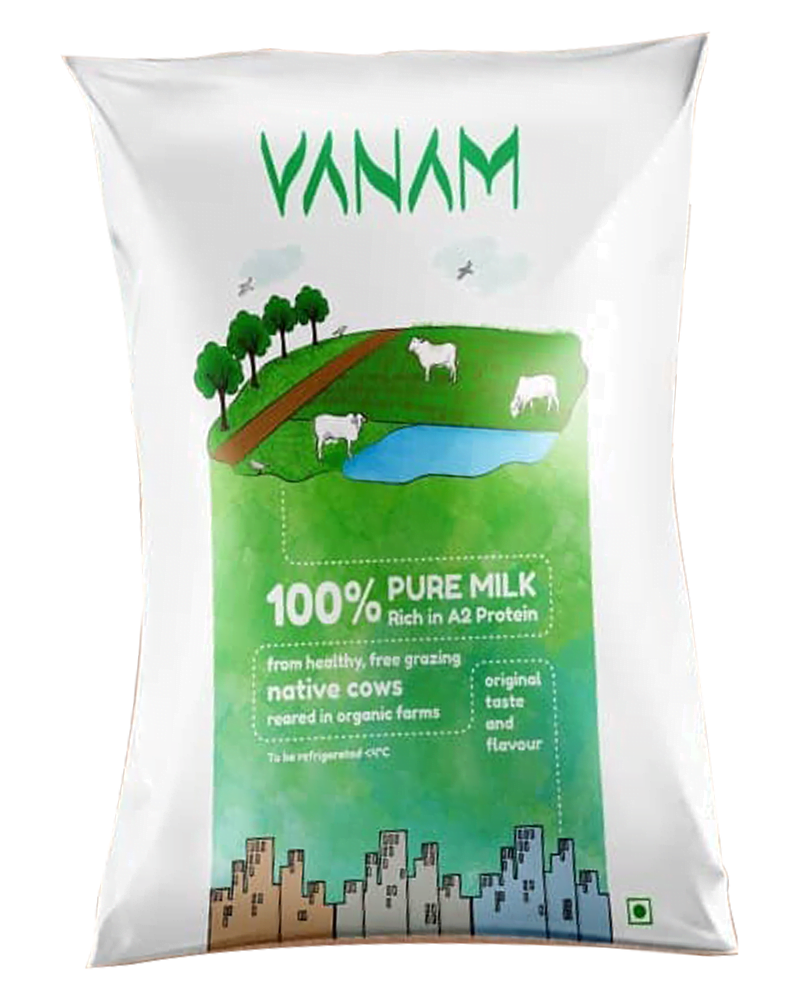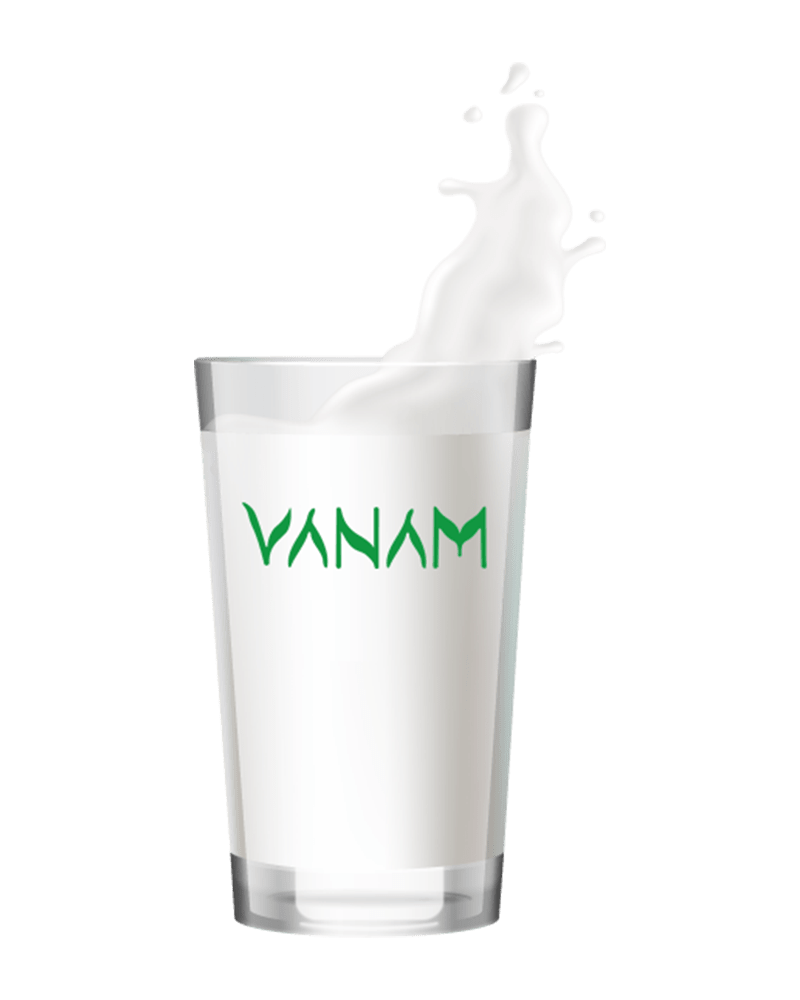Description
The Origins and Production of Gingelly Oil
Gingelly oil, more commonly known as sesame oil, has a rich history that dates back thousands of years. Its origins can be traced to South Asia and the Middle East, where it has been an integral part of culinary, medicinal, and cosmetic traditions. Ancient civilizations, such as the Indus Valley and Mesopotamian cultures, revered sesame seeds not only for their oil but also for their symbolic significance. Historical texts from these regions frequently mention sesame seeds and gingelly oil, underscoring their importance in daily life and religious rituals.
The production of gingelly oil begins with the cultivation of sesame seeds, which thrive in warm, tropical climates. Once harvested, the seeds undergo a meticulous extraction process to yield the prized oil. Traditionally, sesame seeds were roasted and then pressed to extract the oil, a method still practiced in many parts of the world today. This technique, known as cold-pressing, preserves the oil’s natural nutrients and flavor, making it highly valued for both culinary and therapeutic applications.
In contrast, refined gingelly oil involves additional processing steps to remove impurities and enhance shelf life. While this method results in a lighter, less aromatic oil, it is often preferred for high-temperature cooking due to its higher smoke point. Both cold-pressed and refined gingelly oils have their unique benefits and uses, catering to different preferences and culinary needs. Cold-pressed gingelly oil is lauded for its rich, nutty flavor and nutrient density, making it ideal for dressings, marinades, and low-heat cooking. On the other hand, refined gingelly oil’s neutral taste and stability under heat make it suitable for frying and sautéing.
Understanding the origins and production of gingelly oil provides valuable insights into its diverse applications and enduring significance across cultures. Whether cold-pressed or refined, gingelly oil remains a versatile and beneficial addition to any kitchen or wellness routine.
Health Benefits and Culinary Uses of Gingelly Oil
Gingelly oil, also known as sesame oil, is revered for its rich nutrient profile and myriad health benefits. This oil is a powerhouse of essential fatty acids, vitamins, and antioxidants, making it a valuable addition to a balanced diet. Scientific studies and traditional practices alike highlight its potential to support heart health, enhance skin care, and reduce inflammation.
One of the primary health benefits of gingelly oil is its positive impact on cardiovascular health. The oil is rich in polyunsaturated and monounsaturated fats, which help to lower bad cholesterol levels (LDL) and increase good cholesterol (HDL). Additionally, the presence of antioxidants like sesamol and sesamin aids in protecting the body against oxidative stress, which is a contributing factor to heart disease.
Gingelly oil is also celebrated for its skin-enhancing properties. The high concentration of Vitamin E in the oil promotes skin elasticity, reduces the appearance of scars, and combats signs of aging. Its anti-inflammatory properties make it a suitable remedy for skin irritations and conditions like eczema and psoriasis. When used as a massage oil, gingelly oil can help soothe muscle aches and improve circulation.
In terms of culinary applications, gingelly oil is a versatile ingredient that enhances the flavor of various dishes. It is a staple in many Asian cuisines, particularly in Indian, Chinese, and Korean cooking. The oil’s nutty and slightly sweet flavor profile makes it ideal for stir-frying, sautéing, and as a finishing oil for salads and soups. Due to its relatively high smoke point, it is suitable for both low and medium-heat cooking.
To maximize the benefits of gingelly oil, proper storage and usage are crucial. Store the oil in a cool, dark place to prevent it from becoming rancid. When cooking, avoid exposing the oil to high temperatures for extended periods, as this can degrade its nutritional value. Incorporating a few teaspoons of gingelly oil into your daily diet, whether drizzled over dishes or used in cooking, can significantly contribute to overall health and well-being.





Reviews
There are no reviews yet.